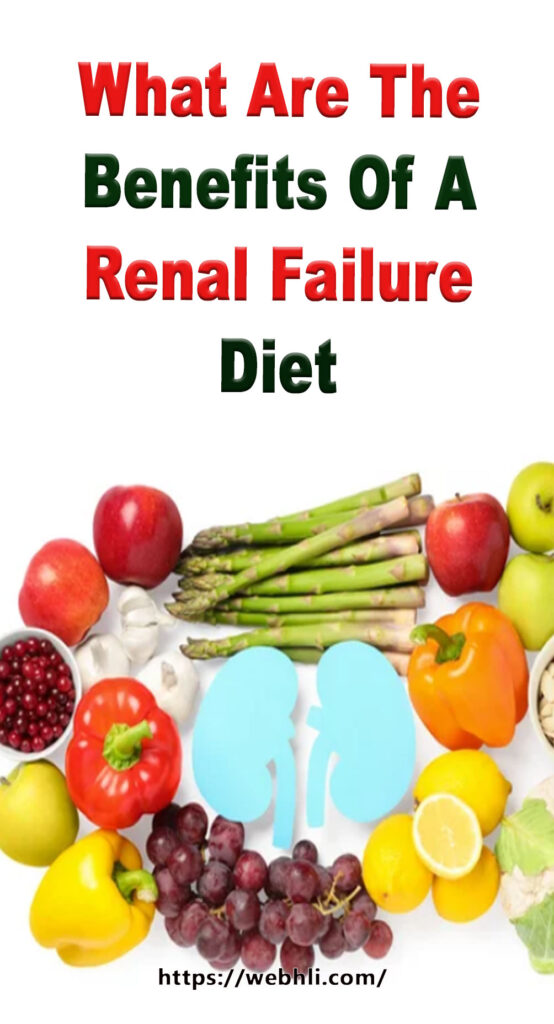
Kidney disease is a gradual loss of kidney function over a period of time, resulting in an accumulation of metabolic waste products in the body. The metabolic waste products and toxic substances are normally excreted by the kidneys. Based on the severity of the disease, kidney disease is classified into five stages. Stage 1 is the mildest and the stage 5 is referred to as Renal Failure. In renal failure, there is dangerous accumulation of water, waste and toxic substances in the body, that needs dialysis or renal transplantation to stay alive.
There are several dietary rules to follow; the renal failure diet helps to slow down the progress of renal failure. Normal kidneys remove toxins from the blood and regulate levels of sodium, potassium and phosphorus. In renal failure, kidneys are unable to remove metabolic waste products and renal failure diet helps to regulate the amount of daily consumption of protein, fluids, sodium, potassium and phosphorus.
Good Energy Food for Diabetics
10 Simple Food Concepts Every Person Living With Diabetes Should Know
Making Cheesecake For Diabetics
Enjoy the Taste and Benefits of Diabetic Foods
Will The Mulberry Leaf Help Your Diabetes?
5 DIABETIC FRIENDLY SALADS Some Tasty
DIABETIC LEMON COCONUT COOKIES Some Tasty
50 Healthy Diabetic Recipes That Are The Best
PROTEIN - It is important to consume appropriate amount of protein in renal failure, the protein intake is limited to 0.75 grams per kg body weight. Excessive intake of protein builds up metabolic waste products in the blood and there will be more work for the kidneys. In renal failure, more damage occurs to the kidneys if they are overworked. Less protein intake produces fewer waste products for kidneys to filter and kidney function can be preserved. On the other hand, protein consumption should not be too low which may cause muscle wasting. High quality sources of protein include egg, lamb, poultry, fish, pork and beef.
FLUIDS - It is recommended to restrict fluid intake in renal failure, because excessive fluid intake can cause fluid retention. Liquid foods such as soup, ice cream, contain water and certain vegetables and fruits contain more water which includes melons, lettuce, grapes, apples and oranges. Consumption of such foods should be monitored because they add to fluid intake. The recommended quantity of fluid intake varies from patient to patient; a health care practitioner or a registered dietician can help to determine the appropriate amount of fluids required for a particular patient.
SODIUM - Sodium intake should be restricted in patient with renal failure because excessive sodium intake can cause fluid retention leading to edema and hypertension. Rich sources of sodium include table salt, processed foods and canned foods. It is advised to limit the consumption of packed chips, pickle, processed cheese, junk food and smoked meat. The sodium intake should be less than 5 mg per serving.
POTASSIUM - The normal intake of potassium is 3.5 to 5.0 mEq/L and the consumption more than normal range should be avoided. Kidneys excrete about 90% of potassium consumed through diet, excessive accumulation of potassium in blood can cause life threatening complications including cardiac arrhythmia. Patients are recommended to restrict potassium rich foods such as yogurt, milk, citrus fruits, potatoes, tomatoes, dry fruits, bananas, beans nuts and legumes.
PHOSPHORUS - The normal intake of phosphorus is 2.7 to 4.6 mg/dl, and excessive consumption should be avoided. Because, increased blood phosphorus levels absorb calcium from the bone and cause bone diseases.Patients are advised to avoid phosphorous rich foods such as cocoa, beer, dairy products, legumes, nuts and meat.
Check out these related articles, too:
Bitter Melon Recipe For Diabetes
Control Your Diabetes Better With These Helpful Tips
Gastroparesis - A Challenge to Control
Blood Sugar Control and Diet - A Plan to Reverse Diabetes
Diabetes Natural Home Remedies – Worth a Try?
Can Magnesium Prevent Diabetes?
Zinc Shown to Promote Insulin Production In Diabetics
Prevent Side Effects From Diabetes Drugs
I hope you have found this article about a Kidney Failure Diet [http://kidneyfailurediet.net/] to be of interest to you. If you would like more information on Kidney Disease Diet [http://kidneyfailurediet.net/kidney-disease-diet-super-veggies-for-your-kidney-failure-diet] take a look at my website kidneyfailurediet.net
Article Source: http://EzineArticles.com/6851683


 Protected by Patchstack
Protected by Patchstack